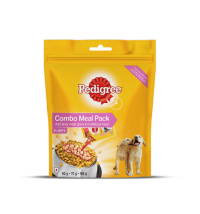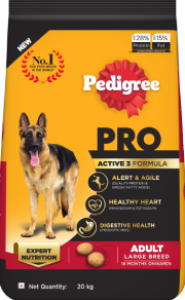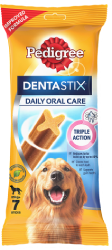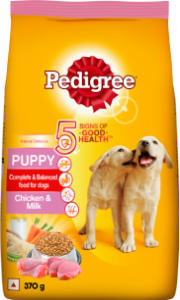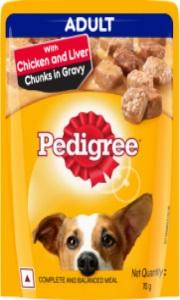
In this section
Checklist: Essential Vaccinations for Your Canine Friend
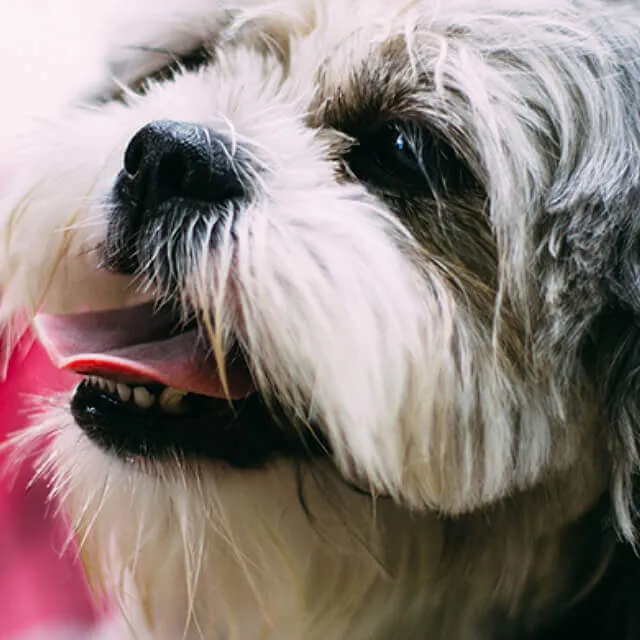
share:
On 16th March every year, India observes ‘National Vaccination Day’, also known as ‘National Immunisation Day’ to emphasize the importance of vaccinations. Vaccines function by introducing the body to viruses, bacteria or disease-causing organisms that have been killed or altered to prepare the immune system to defend itself. ?Vaccination cycles then stimulate the body’s immune system to form antibodies (disease-fighting cells) and thus encourage the body to build up an immunity against those viruses or diseases.
Vaccination is an extremely easy and effective way to prevent several life-threatening diseases and keep your family healthy—including your pooch. From being a life-saving preventive measure to significantly decreasing the risk of your dog needing expensive treatment in the future; the benefits of vaccinating your pooch are many.
As for the best time to start these vaccination cycles, puppyhood is always recommended. If you are adopting or fostering a dog, make sure to check if they have been vaccinated previously, and if so, ask the previous owners for the paperwork. Always inform your veterinarian about the dog’s history, especially if they are pregnant, ill or immuno-compromised. Every pet parent should be aware of vaccination options for their pooch and that’s exactly why we have rounded up the essentials.
Highly recommended vaccines:
- Canine Distemper Vaccine
- This prevents highly contagious distemper that affects the respiratory, gastrointestinal and nervous system. This disease can even cause death.
- Rabies Vaccine
- This prevents rabies, the fatal disease that causes seizures, hydrophobia, paralysis and various other symptoms.
- Parvovirus Vaccine
- This prevents parvovirus, a contagious disease that causes severe vomiting and diarrhoea and can even lead to death.
- Hepatitis Vaccine
- This prevents hepatitis that affects the liver and causes vomiting, weakness, loss of appetite and death.
- Para Influenza Vaccine
This prevents para influenza, a respiratory disease that can contribute to kennel cough.
- Leptospirosis( Not recommended for small dogs)
This prevents leptospirosis, a bacterial disease transmitted by rodents that affects liver and kidney function.
Vaccination schedule recommendation:
| Vaccine | Primary Dose For Puppy | Primary Dose For Adult | Booster |
| Distemper | 3 doses, start from 6 to 8 weeks of age | 2 doses, 3-4 weeks apart | Annual |
Adenovirus - Hepatitis | 3 doses, start from 6 to 8 weeks of age | 2 doses, 3-4 weeks apart | Annual |
| Para Influenza | 3 doses, start from 6 to 8 weeks of age | 2 doses, 3-4 weeks apart | Annual |
| Parvovirus | 3 doses, start from 6 to 8 weeks of age (Optional 4th dose to overcome maternal antibody interference) | 1 dose | Annual |
| Rabies | 3 months of age and 2nd dose beneficial, depends on local statutes | 1 dose | Annual |
| Leptospirosis | 3 doses, start from 6 to 8 weeks of age | 2 doses, 3-4 weeks apart | Annual or 6 months |
Optional vaccine recommendations:
- Lyme Disease Vaccine
- This prevents Lyme disease that transmits bacteria known as Borrelia burgdorferi and causes fever, sluggishness and lameness in one or more joints.
- Corona Viral Enteritis Vaccine
- This prevents canine corona virus that affects the intestinal tract causing appetite loss, vomiting and fever.
- Giardia Vaccine
- This prevents Giardia infection which causes weight loss, vomiting, diarrhoea and fatty stools.
- Bordetella Bronchiseptica Vaccine
- This prevents infectious bronchitis that causes cough, sneezing, respiratory distress,? fever as well as nasal and/or ocular discharge.
Vaccination schedule recommendation:
| Vaccine | Primary Dose For | Primary Dose For | Booster |
| Puppy | Adult | ||
| Lyme Disease | 2 doses: may be at 12 and 15 weeks | 2-3 doses, 3 weeks apart | Annual |
| Corona Virus | 3 doses, start from 6 to 8 weeks of age | 2-3 doses, 3 weeks apart | Annual |
| Giardia | 8th and 11th week | 2 doses, 3 to 4 weeks apart | 6 months |
| Bordetella Bronchiseptica | 3 doses, start from 6 to 8 weeks of age | 2-3 doses, 3 weeks apart | Annual |
If you skip vaccinations, your pooch is left vulnerable to potentially fatal diseases that can otherwise be prevented. Our pets depend on us, and therefore it is our responsibility to protect their health and well-being to the best of our ability. By doing so, we also safeguard other animals and human beings that our pets come in contact with. Always remember, It is better to prepare for the future than to look back at the past with regret.
Note: Vaccines are supposed to have mild after-effects on dogs such as discomfort or pain which generally wears off in a short period of time. If you notice severe side effects, visit your veterinarian immediately.
Review this article:




